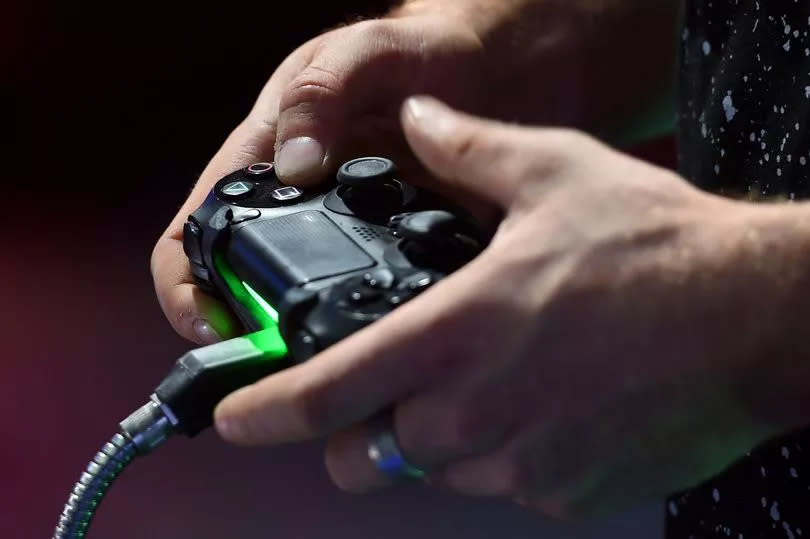10 warning signs your child has a gaming addiction and how you can help as a parent

Parents are being urged to look out for early warning signs of a gaming addiction in their children.
Health experts have highlighted the importance of identifying the symptoms early to mitigate the potential adverse effects on a child's mental and physical health. Gaming addiction can lead to issues such as poor academic performance, social withdrawal, and health problems.
Marin Cristian-Ovidiu, CEO of FreezeNova, said: "Gaming addiction, like any addiction, requires a holistic approach to treatment and support. It's important to address not just the symptoms but also the underlying causes and contributing factors.
"Early intervention and consistent support are key in helping children develop a healthy relationship with gaming. By recognising the signs and taking proactive steps, you can ensure your children's well-being and foster a balanced lifestyle."
Here, Marin outlines 10 signs that your child may have a gaming addiction. There are also practical tips for parents to address this issue.
10 early signs of a gaming addiction
Preoccupation with gaming - constantly thinking about gaming, even when not playing
Withdrawal symptoms - feeling irritable or anxious when not playing
Increasing time spent gaming - gradually needing to spend more time playing to feel satisfied
Unsuccessful attempts to cut down - repeatedly trying and failing to reduce gaming time
Loss of interest in other activities - neglecting hobbies and activities that were once enjoyed
Continuing to game despite problems - ignoring physical or emotional issues caused by gaming
Deceiving others about gaming - lying to family or friends about the amount of time spent gaming
Using gaming to escape negative moods - playing games to avoid feelings of depression or anxiety
Risking relationships and opportunities - sacrificing social and educational opportunities to game
Neglecting personal hygiene and health - skipping meals, sleep, or hygiene to continue gaming
How you can help as a parent
Addressing gaming addiction involves a multifaceted approach, says Marin. You can start by setting clear boundaries regarding the amount of time your child is allowed to game each day, ensuring it doesn't interfere with other responsibilities and activities.
Encouraging participation in sports, hobbies and other non-screen-based activities can provide healthy alternatives to gaming. Helping children develop a balanced daily routine that includes time for homework, chores, physical activity, and gaming is crucial. It's also important to monitor the content of the games to ensure they are age-appropriate and non-addictive.
Marin adds that educating your children about the potential dangers of excessive gaming can help them understand why limits are necessary. You should lead by example by modelling balanced screen use and healthy lifestyle choices.
"Maintaining open communication about gaming habits and any related concerns fosters a supportive environment," says Marin. "Using parental controls to limit game time and access can be an effective tool in managing gaming.
"If necessary, seek professional help from a psychologist or counsellor that specialises in gaming addiction to provide additional support and guidance. By taking these steps, you as parents can help your children develop a healthier relationship with gaming and prevent the negative impacts of addiction."

 Yahoo News
Yahoo News 
